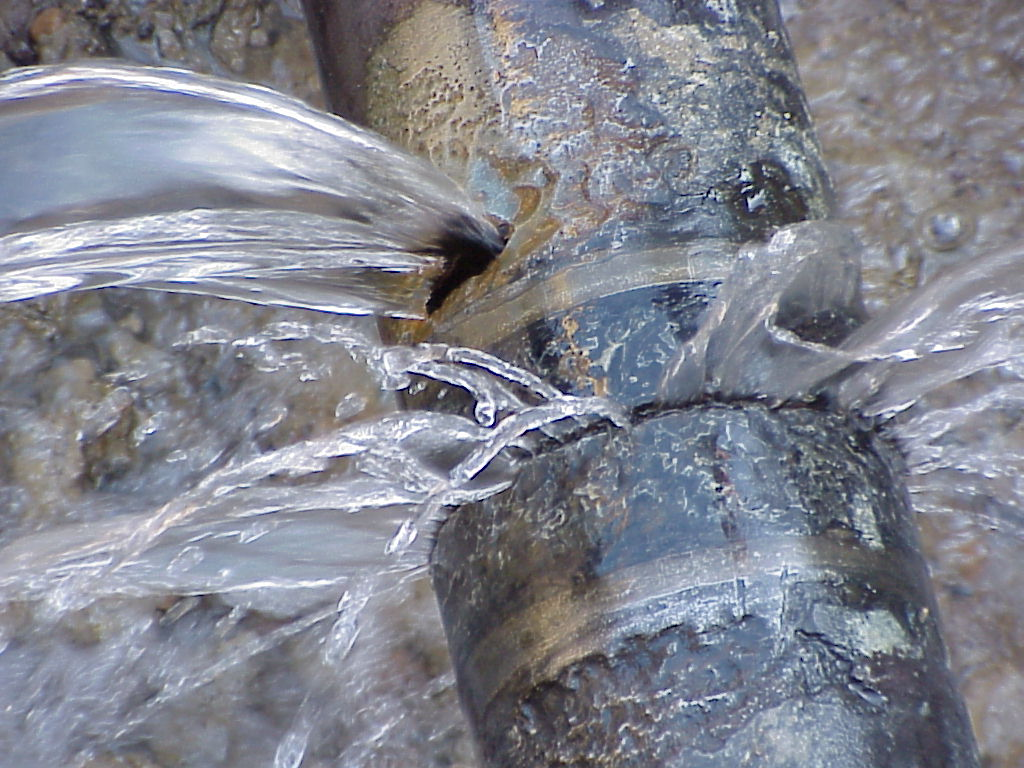What are your concepts on What Do I Do If I Have A Burst Pipe In My Home??

You need to know exactly how to turn off your primary water line if you deal with a ruptured pipe. Do not wait for a plumbing emergency before figuring out how to get this done. Besides, aside from emergency leakages, you will certainly require to switch off your major water shutoff for plumbing repairs or if you leave for a long trip. Find out even more regarding it in this small overview.
Must This Constantly Be Turn off?
Besides emergency situations, fixings, or long vacations, you may not need to switch off the main shutoff. As an example, if only one fixture has concerns, you can turn off the branch valve in that place. By doing this, you can still make use of water in other parts of your house. For best results, call a reliable plumber for emergencies.
Why Must You Close the Main Line Off?
Acquainting on your own with just how your mainline turns on and off can conserve you throughout an emergency. For example, when a pipe unexpectedly bursts in your house, you'll be besieged with panic. Therefore, you can easily shut the valve off as well as protect against much more damages if you know what to do. In addition, closing this off ensures you do not have to manage an unexpected flooding in your house.
In addition to that, closing and opening up the shutoffs once in a while guarantees they do not obtain stuck. It is likewise the best time for you to check for rust or other busted links. Furthermore, make it a point to inform other family members on what to do. This makes routine maintenance as well as managing emergencies so much simpler. You can possibly save yourself countless bucks in repairs.
Where is This Primary Shutoff Found?
The primary water line supply can vary, so you might require to find time to find out where it is. However, when your residence is obtaining drenched as a result of a ruptured pipe, you do not have the deluxe of time throughout an emergency. Therefore, you must get ready for this plumbing dilemma by finding out where the valve is located.
This shutoff valve might look like a ball shutoff (with a lever-type deal with) or an entrance valve (with a circle faucet). Placement depends on the age of your residence and also the climate in your area. Inspect the following typical areas:
What to Do When a Pipe Bursts in Your Home
A burst pipe is one of a homeowner's worst nightmares. Not knowing the signs and being unprepared for this plumbing issue can result in more water damage and clean up. Here are the warning signs of a pipe about to burst and the steps you can take if it happens.
Warning Signs for Burst Pipes
Rusty, discolored water with a bad smell Puddles under your sinks Abrupt changes in water pressure A spike in your water bill Clanging noises coming from pipes behind the walls What to Do When a Pipe Bursts
Turn off your water. The sooner you do this, the better. Shutting off your main valve will help minimize the damage to your home.
Drain the faucets. After the water has been turned off, drain the remaining water by opening your faucets. Doing so will help prevent areas from freezing and also relieve pressure within your pipe system to avoid more bursts.
Locate the burst pipe. Look for bulging ceilings, warping and other signs of where the water damage has occurred. Once you locate the pipe, you will be able to determine if it is a small crack that can be patched or a major repair that needs to be dealt with right away.
Call a professional. If you need significant repairs, contact a professional to come in as soon as possible. At Mr. Rooter Plumbing of Oneida, we offer 24/7 emergency service for your convenience.
Document the damage. If you have extensive pipe damage, be sure to take photos of the affected areas so you can document a claim with your insurance. Take close-up photos of the damage and use a measuring tape to show how high the water is. You should also take photos from different angles for a wider picture of the affected areas.
Start cleaning. After you have documented the damage, start cleaning up the water as soon as possible. The longer the water sits, the higher the chance that mold will develop.
https://www.mrrooter.com/oneida/about-us/blog/2020/june/what-to-do-when-a-pipe-bursts-in-your-home/

I am very curious about Got a Burst Pipe? Turn Off Your Main Water Valve and I really hope you enjoyed reading the entire piece. Do you know about someone else who is fascinated about Got a Burst Pipe? Turn Off Your Main Water Valve? Why not share it. We treasure reading our article about Got a Burst Pipe? Turn Off Your Main Water Valve.
Expert attention offered.